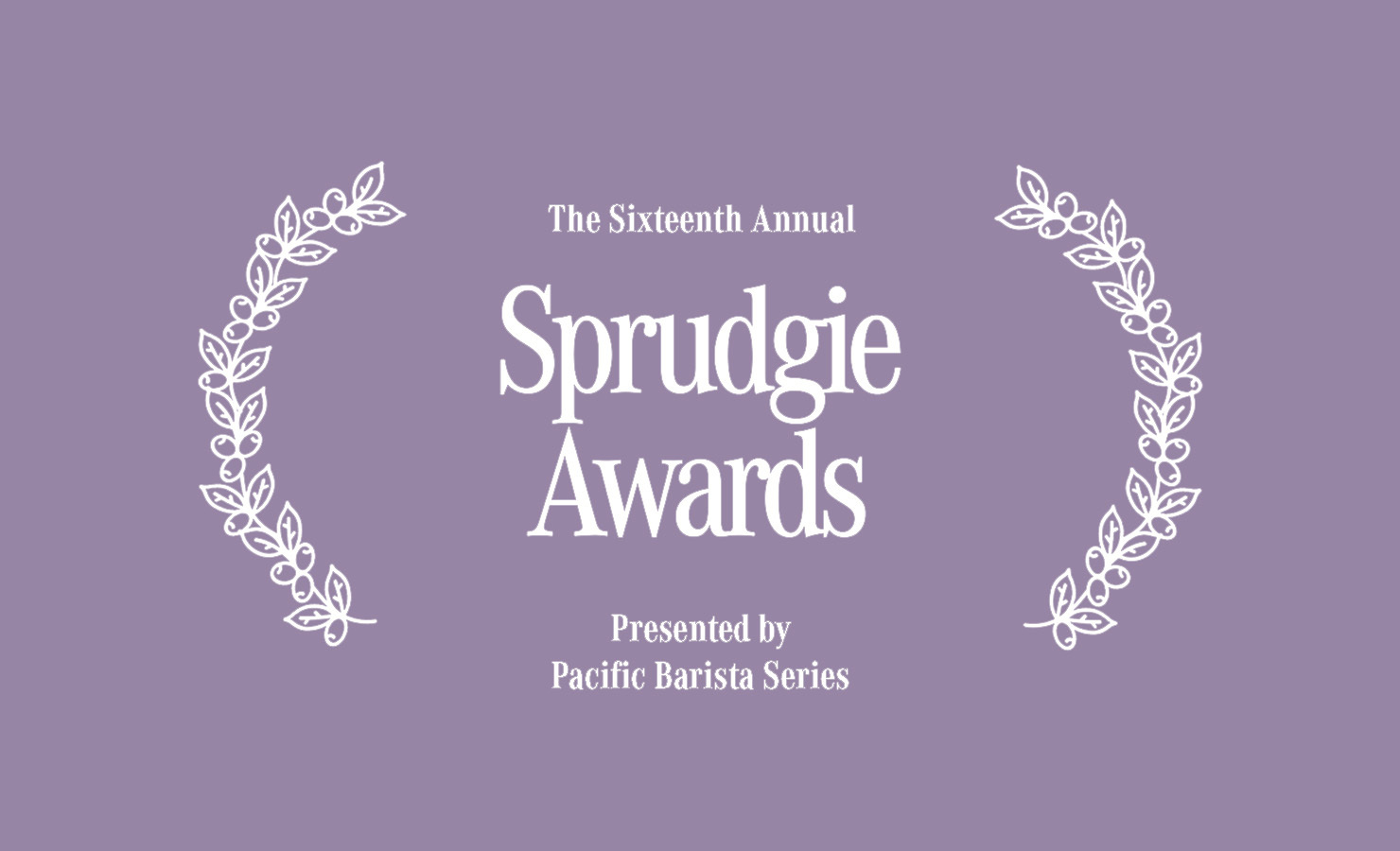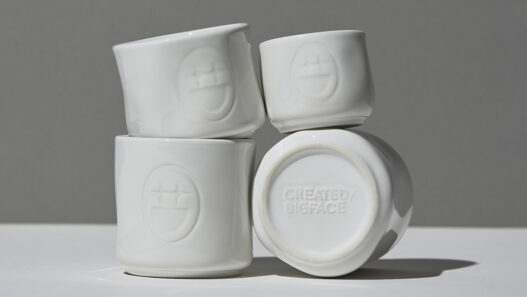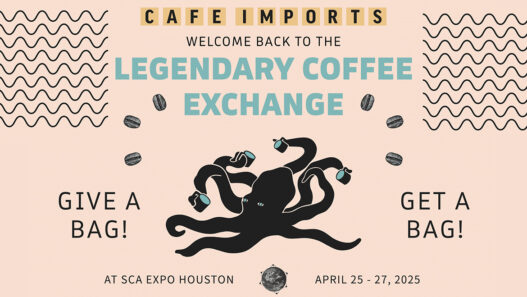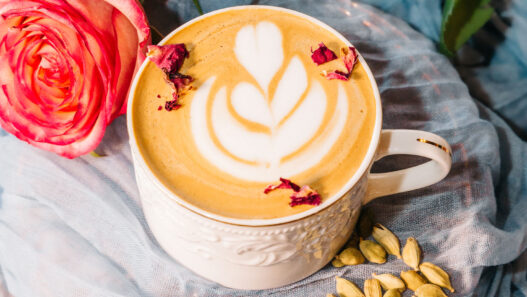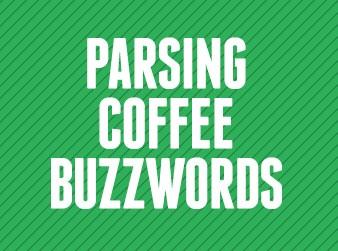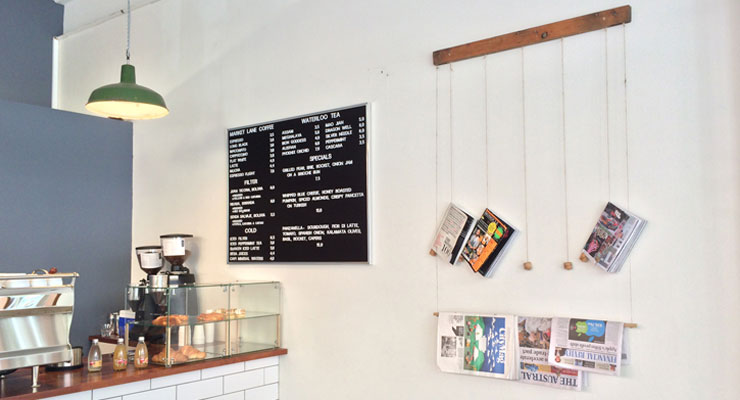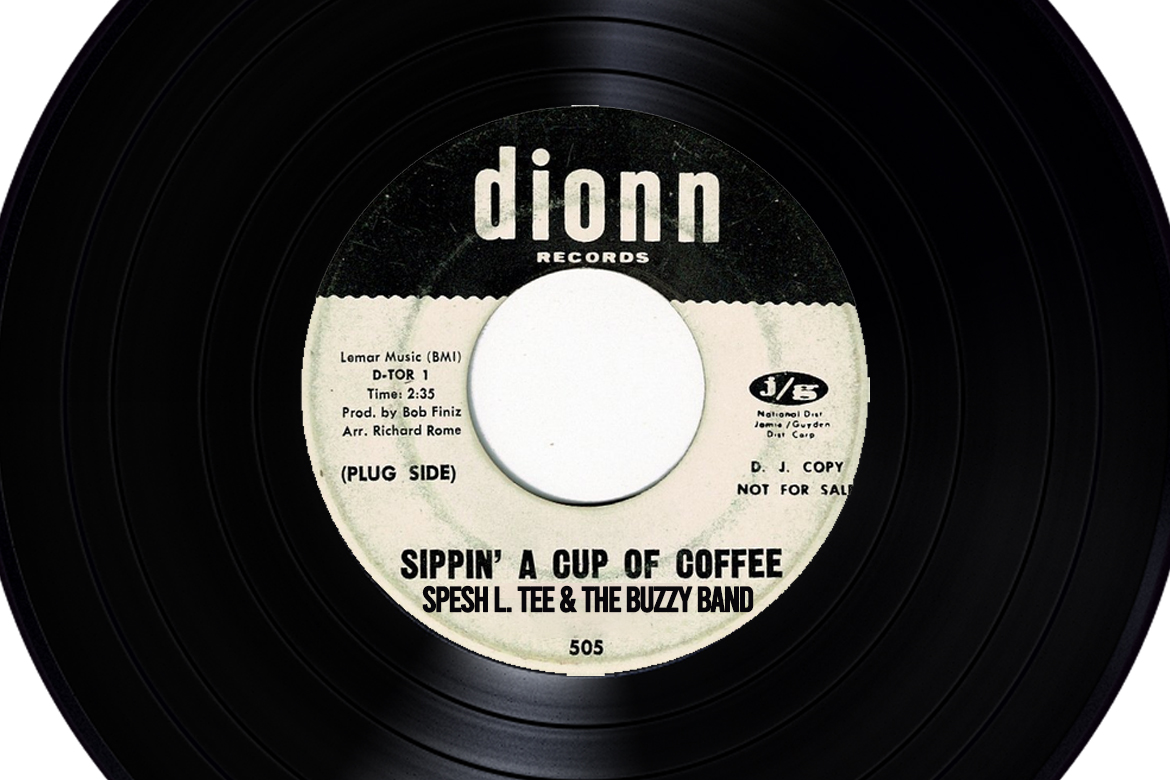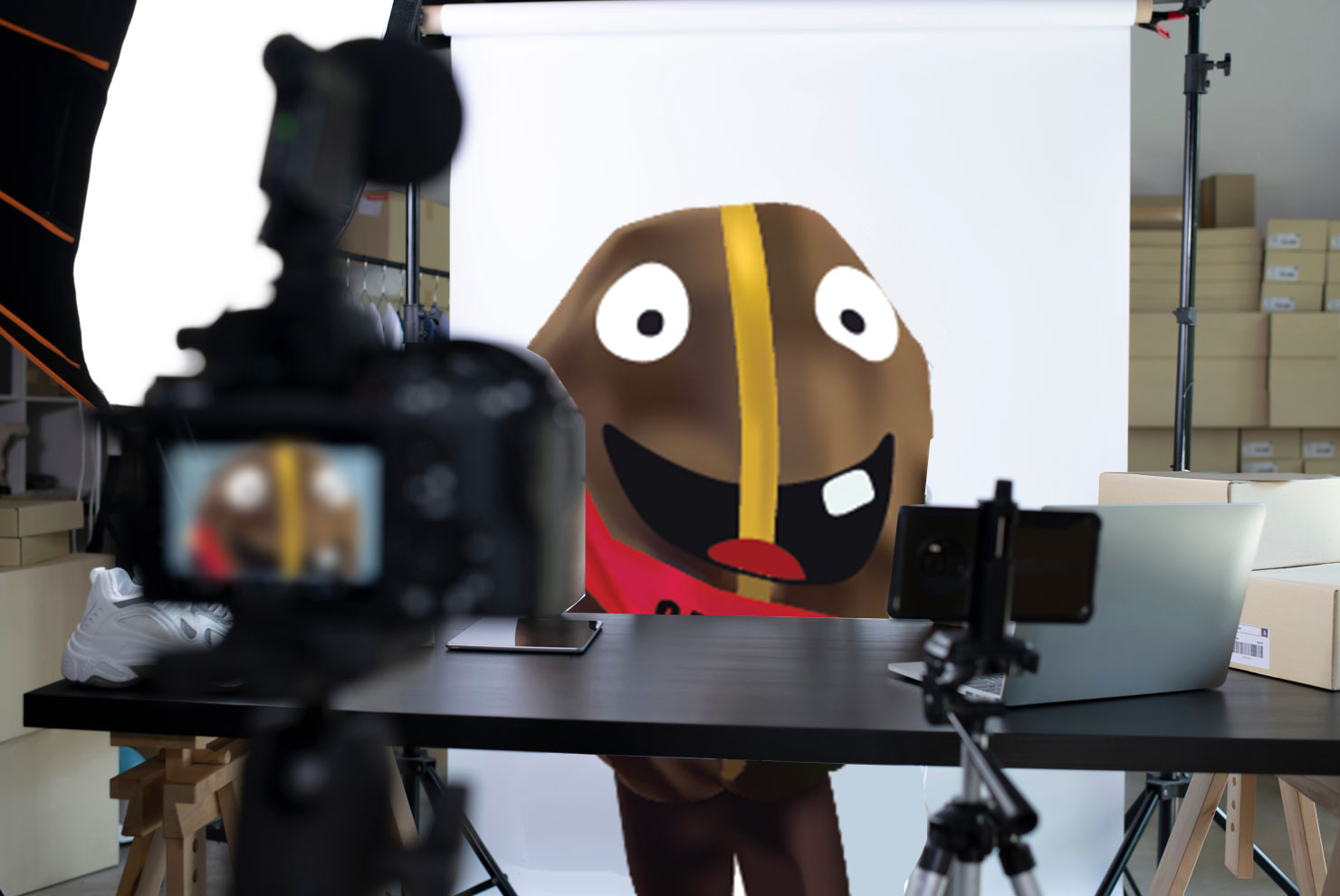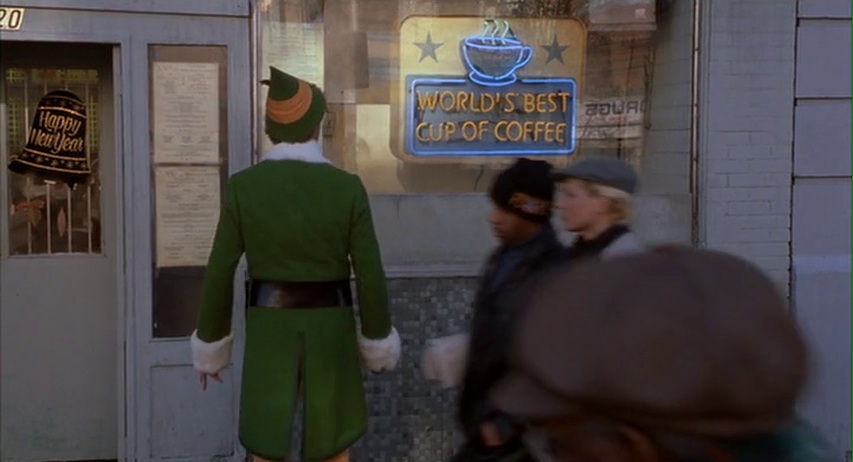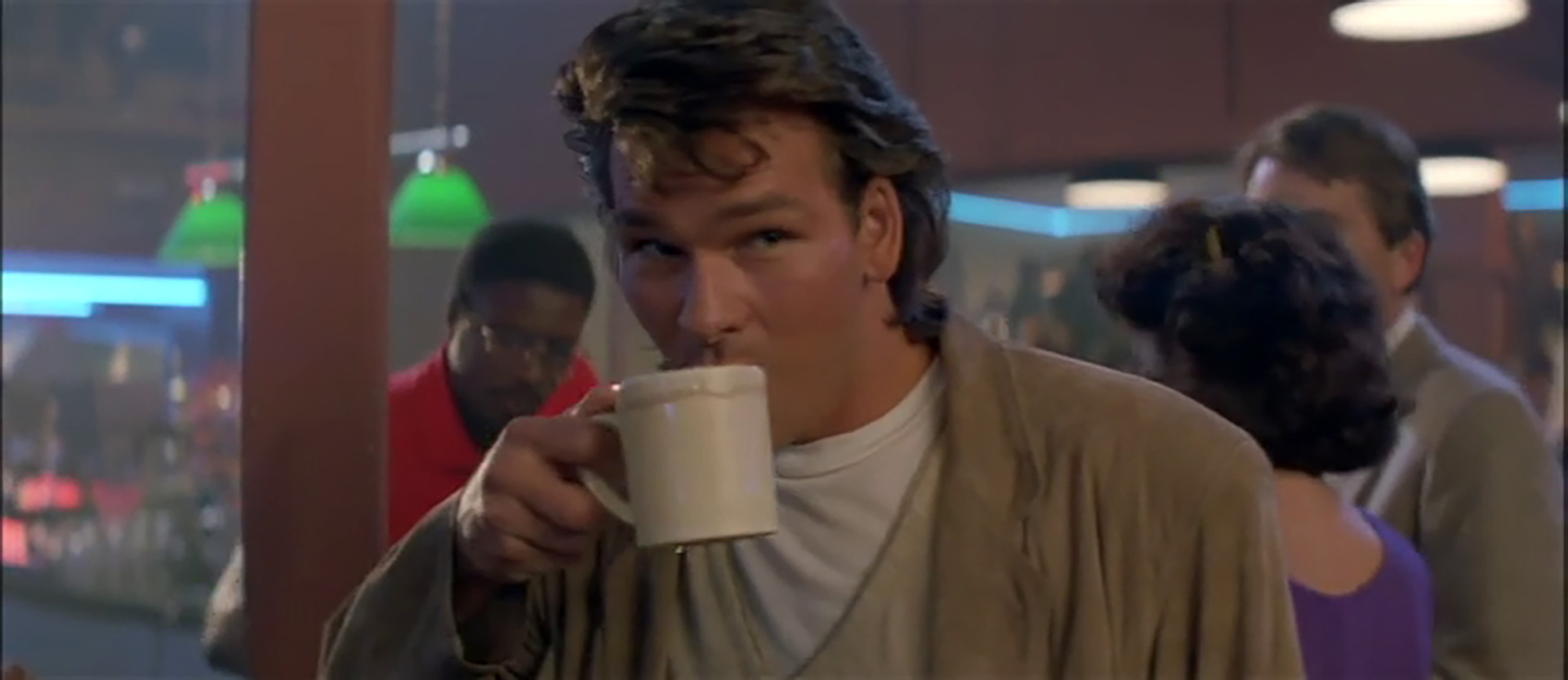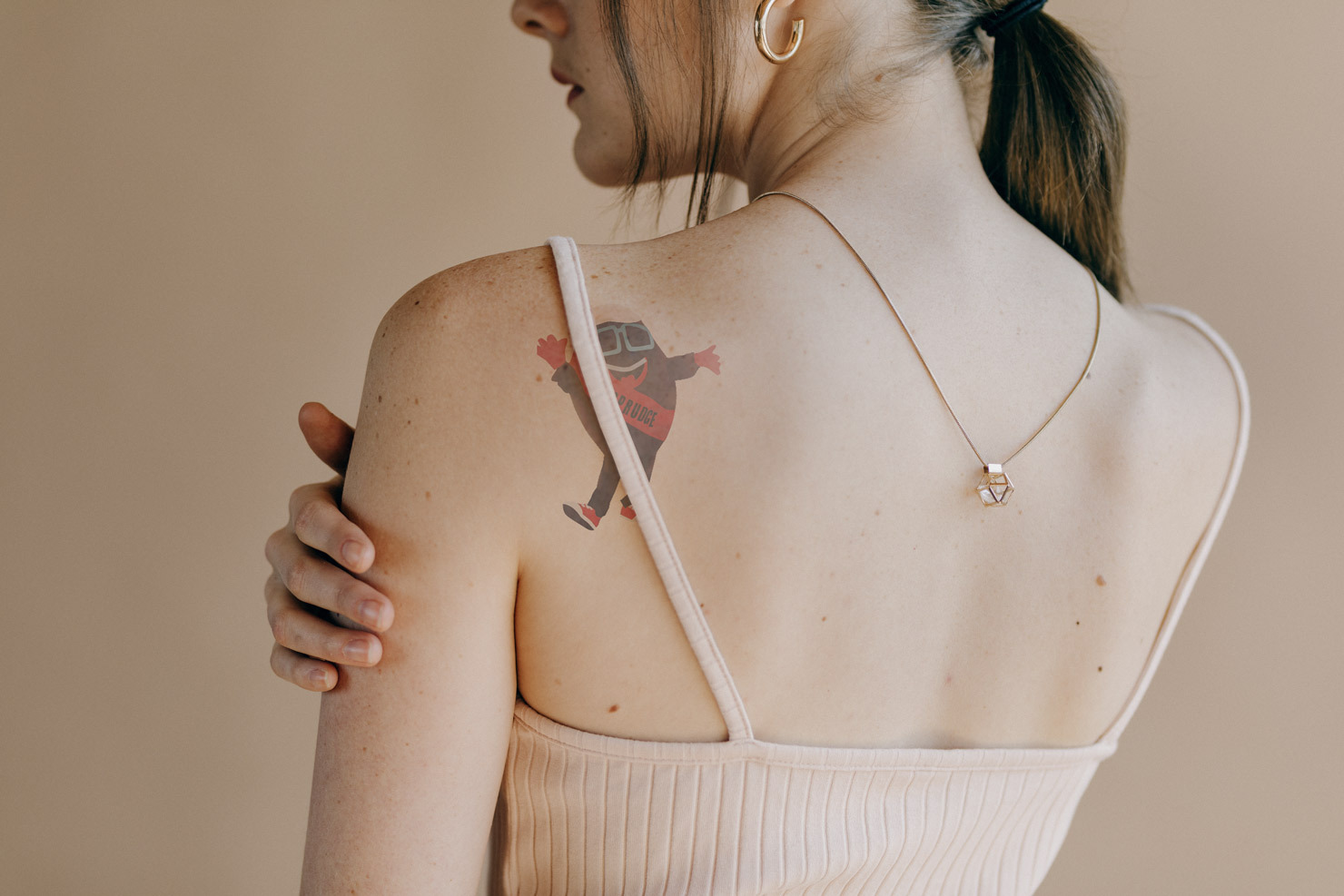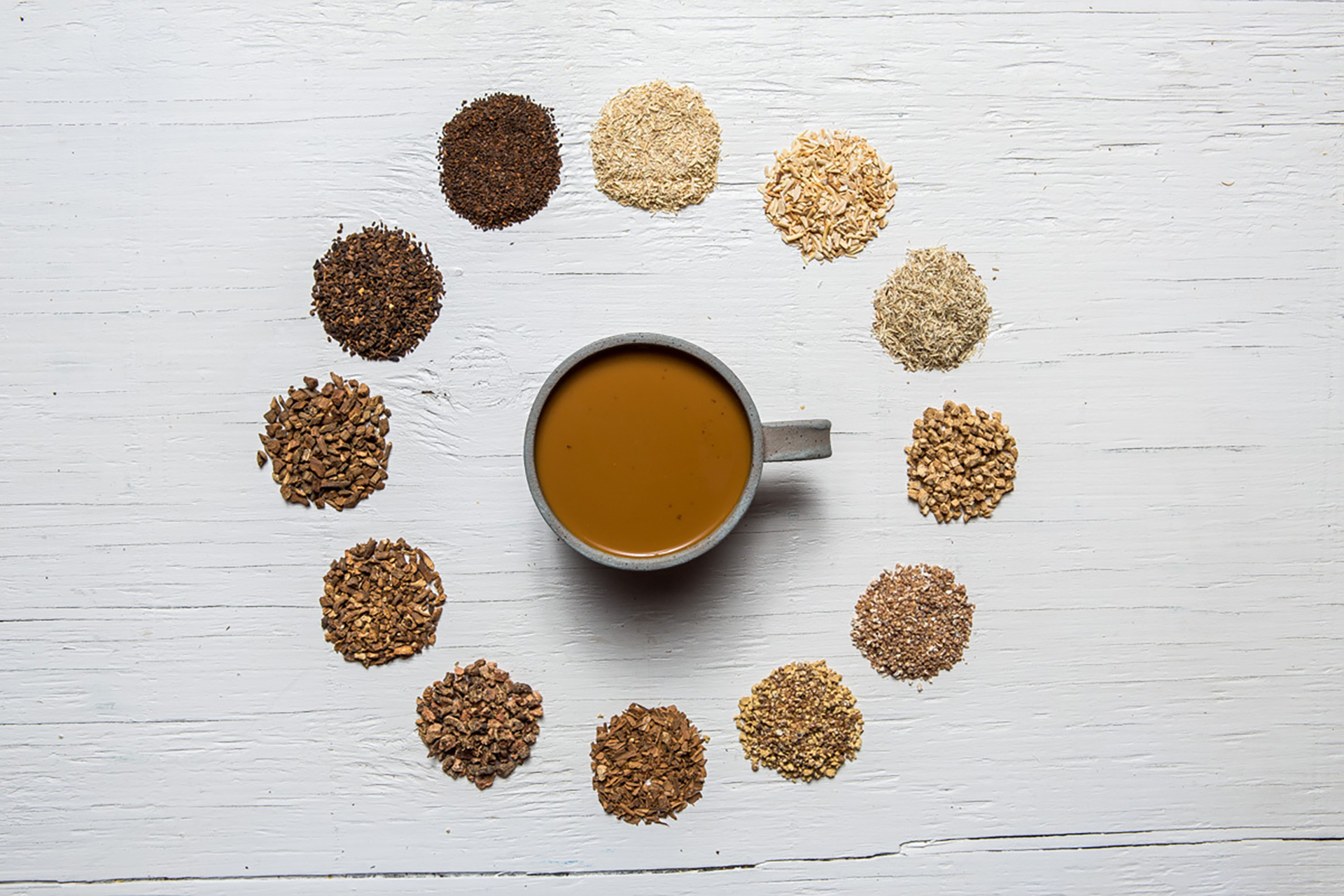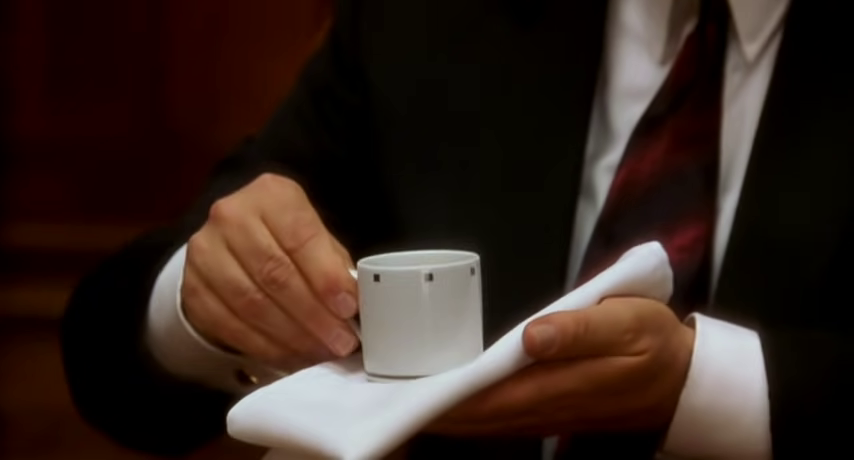Coffee companies worldwide are adopting terminology, inventing new words, and repurposing old words to market and sell their goods. Who can blame them? In this day and age, locally sourced and carefully curated heritage products are de rigueur. But what’s the difference between hand-crafted and hand-made? What does “specialty” mean, exactly?
Let’s get to the bottom of it. (All definitions via Wiktionary)
Artisan: “A skilled manual worker.”
Verdict: It’s safe to say roasters and baristas are both artisans.
Artisanal: “Pertaining to or noting a high-quality or distinctive product made in small quantities, usually by hand or using traditional methods.”
Verdict: While perhaps overdone these days, one can certainly call boutique coffee roasters artisanal. An artisanal latte? Why not.
Artisian: Not a word. Might refer to an artesian aquifer, which is a confined aquifer containing groundwater under positive pressure.
Verdict: Nothing is artisian.
Dry goods: “Typically refers to clothing, ready-to-wear items, and sundries.” Dates back to 1742. The 1892 Dictionary Of Dry Goods does not list coffee.
Verdict: Unless your cafe is selling Alternative Apparel sweatshirts (or other ready-to-wear items) you’re probably not working with dry goods. A selection of impulse buys in mason jars on your counter does not count as “sundries”.
Hand-crafted: “A work produced by hand labor” (not to be confused with handmade, which is something created by hand). While coffee roasting can be considered “hand-crafted”, one could easily take advantage of a reaching wand or some other instrument to replace one’s hand. Coffee cultivation, specifically picking, is almost entirely hand-crafted–except in many parts of more industrialized growing regions like Brazil or Vietnam.
Verdict: Your latte art is hand-made. Your espresso is hand-crafted. But really, all of that sounds like a little much. Starbucks baristas are hand-crafting their superautomatic shots as well.
Specialty: Specialty (or “speciality” in Europe) is a word that the industry uses to denote coffee of a certain caliber, though the term has experienced a lot of slippage and overloading. It was first coined by coffee pioneer Erna Knutsen (of Knutsen Coffees) in 1974. Officially, the Specialty Coffee Association of America classifies any coffee that scores over 80 points on the industry-standard grading 100 point scale as “specialty”.
Using this metric, the Starbucks Coffee you can scoop yourself at the grocery store is just as specialty as the nano-lot single-farm coffee sold in four-ounce gold-rimmed amber jars, though some might consider that extra-specialty.
Verdict: This term is often misinterpreted or misunderstood by everyone, including coffee professionals. But specialty is specialty, and we think you’re specialty too.
It’s just too bad there isn’t (yet) a commonly accepted term that better denotes the quality-focused coffee establishments that focus on skilled production. For beer, there’s “craft beer” and “microbrews/microbreweries”, two terms that have seen wide adoption and serious marketing promotion across a whole movement of companies in that industry. Microbrewing, at least as a philosophical approach for a company, has more useful specificity and mainstream familiarity than “specialty coffee.”
Oh, brother.
Free Trade: A neoliberal concept that helped enable and define the function of “modern” international commodity markets, of which the coffee trade is one of the most canonical.
Fair Trade: A trademarked certification, which both retailing and producing companies must pay annual fees for, administered by a web of national and international organizations. First pioneered in coffee and later extended out to a whole range of industries, each with a specific set of regulations around trade agreements, lending, labor practice, and company and cooperative structure and governance. The coffee certification also specifies a “premium” price paid above the “C” market price for commodity grade coffee, a premium for organic certified fair trade coffees, and a premium for social projects in producing countries.
Also a loosely applied/heavily appropriated term used to gesture at or claim allegiance to a wide range of trade and business philosophies, though these philosophies don’t always have a lot to do with the specific fair trade certification stipulations for their industries.
Direct Trade: At least “Fair Trade” has standards bodies to make it a little more specific. Direct Trade is far more nebulous. It started off as a more or less trademarked branding of a philosophy of coffee sourcing focused on having green coffee buyers take multiple trips to the specific farms they bought coffee from, seeking to work with producers to improve quality and develop more mutually beneficial business relationships. This was in contrast to the established practice of just buying coffees from a green coffee importer’s offer list of relatively anonymous lots from all over the world–though almost all direct trade practices to this day still make use of green coffee exporters and importers to actually transport and warehouse the bags of coffee they buy.
The term has experienced all sorts of expansion and slippage as the microlot-focused coffee supply chain has developed and things like Skype have made “face to face” contact across continents much easier. At this point, trying to ascribe an agreed upon definition to “Direct Trade” is all but impossible–you should ask whatever company is advertising it to you to politely explain what they mean by it.
Verdict: These terms may be even more misunderstood by lay consumers than “specialty.”
Edisanal: The movement — it’s a movement, really — of the modern coffee bar aesthetic. Derived from or directly related to the use of Edison light bulbs in cafes, Edisanal as an approach extends from reclaimed wood bars, to found light fixtures, to a whole world of carefully-patinaed Americana.
Verdict: We’re living in the Edisanal Era. When people look back on this moment in history, they’ll reflect on the Edisanal architecture and design of cafes the same way we remember the big orange couches and Italian-themed murals of the 90s. We’re living in an Edisanal world and I’m an Edisanal girl.
Sprudge: Sprudge is both neologism and parody. “Sprudge” is a made-up word for the coffee crumbs, blotches and splats present on a barista’s clothing and shoes after a long shift on bar. We’ll use it in a sentence: “Listen, you finish dividing up the tips, I gotta go get this sprudge off my shoes.”
“Sprudge” is also a portmanteau of the words “Espresso” and “Drudge”. In our early, funny days, Sprudge.com was a painfully exact visual parody of The Drudge Report circa 2009, right down to the omnipresent Hugo Chavez.
Verdict: Thanks for reading.



